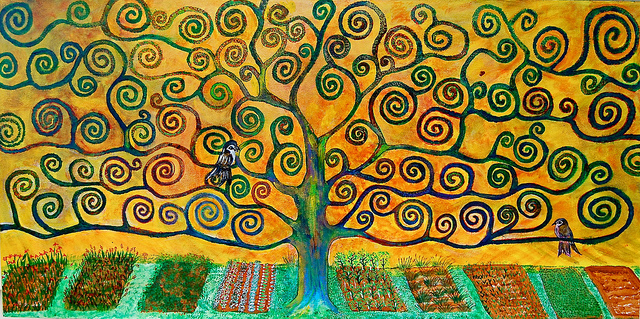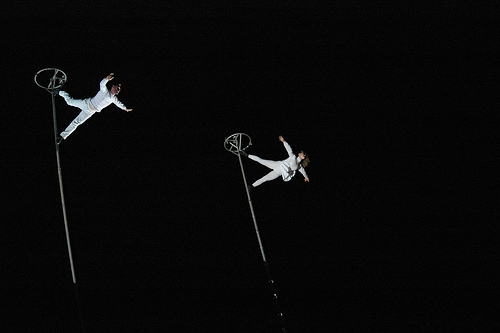To Speak the Language of Animals: Marilyn Nielson’s “Sheep”

Anthology Poet Highlight 38/82: Marilyn Nielson, “Sheep” [audio:http://fireinthepasture.org/wp-content/uploads/2012/03/tumblr_lx79b4k4DH1qldxkx.mp3](Marilyn’s reading of “Sheep”) To speak for those who otherwise can’t, to give the unvoiced a voice, the other languaged means by which to understand and be understood by others: these seem to be fundamental functions of the gospel of Christ, at the center of which rests the atonement. In this eternally-in-force act… Read more »









